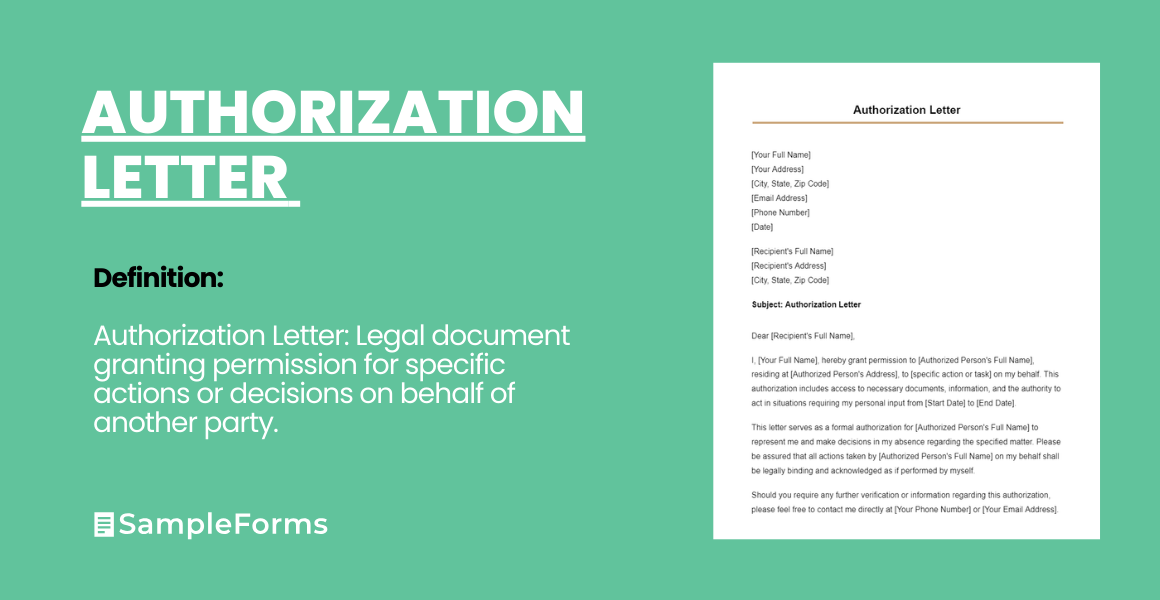If you’ve been trying to get ungated or resolve an intellectual property violation on Amazon, you’ve likely come across two terms:
Letter of Authorization (LOA)
Licensing Agreement
At first glance, they sound similar — both involve permission from a brand or manufacturer to sell their products. But in Amazon’s eyes, they are very different. And over the past year, Amazon has become increasingly strict, often preferring (or outright requiring) licensing agreements over simple LOAs.
Let’s break down what each document is, why Amazon made this shift, and how it affects you as a seller.
What Is a Letter of Authorization (LOA)?
A Letter of Authorization is a formal document that confirms a seller has permission to sell branded products. It usually comes from:
- The brand itself
- The manufacturer
- An authorized distributor
What’s Included in a Proper LOA?
- Brand or manufacturer name
- Seller’s legal name and store name
- ASINs or product categories covered
- Contact information for verification
- Signature and company stamp (if applicable)
Amazon has accepted LOAs for years — especially when sellers are reselling branded goods. However, abuse and forgery of LOAs have caused major trust issues.
What Is a Licensing Agreement?
A Licensing Agreement is a legal contract where a brand owner grants rights to use their brand name, logo, or intellectual property — typically for manufacturing, distribution, or resale.
Unlike an LOA, a licensing agreement:
- Is a binding legal document
- Often involves exclusive or semi-exclusive rights
- May include IP usage rights, not just resale permission
- Is harder to fake or misuse
Why Amazon Prefers Licensing Agreements Now
In recent years, Amazon has cracked down on IP abuse, counterfeit issues, and unauthorized sales. Many sellers used vague or unverifiable LOAs to bypass restrictions — and this led to a flood of:
- Fake LOAs
- IP complaints from real brand owners
- Legal threats against Amazon
Amazon’s Solution: Use Licensing Agreements
Licensing agreements:
- Offer clear legal protection for Amazon
- Are more enforceable in court
- Clearly define IP permissions (logos, brand names, packaging)
- Provide stronger proof of legitimacy
So when it comes to serious brands or sensitive categories (like supplements, cosmetics, electronics, etc.), Amazon now often rejects LOAs and requests a licensing agreement instead.
LOA vs. Licensing Agreement – Key Differences
| Feature | Letter of Authorization (LOA) | Licensing Agreement |
|---|---|---|
| Format | Simple letter or signed document | Formal legal contract |
| Use Case | Reselling or distribution | Brand/Trademark usage, IP permissions |
| Accepted by Amazon? | Sometimes (increasingly rare) | Often preferred or required |
| Risk of Rejection | High | Low (if legally valid) |
| Includes IP Usage Rights? | No | Yes |
| Legal Binding Power | Medium | High |
Real-World Example
Case: A seller tried to list a popular vitamin brand.
- Submitted an LOA → Rejected
- Brand later provided a Licensing Agreement → Accepted within 48 hours
Amazon needed to verify rights to use the brand name and logo, not just permission to resell. The licensing agreement sealed the deal.
How Bettersell Can Help
If your LOA is getting rejected or you’re unsure whether you need a licensing agreement, Bettersell can help you:
Understand Amazon’s latest documentation requirements
Connect with suppliers or brands that provide valid authorization
Draft or request Licensing Agreements that pass Amazon’s checks
Handle IP alerts and avoid suspension due to invalid paperwork
We’ve helped dozens of sellers transition from LOAs to full licensing agreements — especially in high-risk categories like health, beauty, and supplements.
Final Thoughts
The days of getting ungated or resolving IP issues with a simple LOA are fading fast. Amazon wants real, verifiable proof — and that’s where licensing agreements come in.
Whether you’re a new seller or scaling up with branded inventory, understanding this shift can save your account from costly delays or suspensions.
Need help getting a licensing agreement or fixing a rejected LOA?
Let Bettersell guide you through the right process — and get your Amazon account back on track.

Leave a Reply